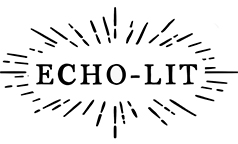Posted by Megan Dailey on 18th Jun 2020
Sometimes the movie is better
Most of us have been home now for close to three months. If you’re like me, you’ve come to a point where working or learning from home coincides with in-home entertainment. While I sketch or paint, I’m often also listening to an audiobook. While I worked on grades, I liked letting a tv series play in the background. This method has burned through so much digital media. I feel like I’ve exhausted just about as much of the internet as I care to explore, yet any new content is cause for excitement! I’m kind of ashamed to admit how excited I was when I heard Disney+ was releasing an adaptation of the Artemis Fowl books. Unfortunately, my expectations were dashed by a less than mediocre movie. My son commented that the movie is never as good as the book. I agreed, with an asterisk.
As a rule, I prefer the book over the movie; but every rule has its exceptions.
I grew up in a house with a tiny black and white tv (no cable) and thousands upon thousands of books. Trips to the movie theater were reserved for MAJOR releases (my dad camped out to get tickets to see the first Saturday showing of Star Wars: The Empire Strikes Back). So when all my friends were spending Friday nights and Saturday matinees at the movies, I was scouring my home library, the public library, and used book stores to find books those movies were based on. Eventually, my parents got a color TV and a VCR (cable didn’t happen until 1991) and as a teen I babysat and worked odd jobs so I could afford to take myself to the movies; but I still die on the hill that books > movies - except when they aren’t. Here are a few examples of movies that I think transcend the written word [SPOILERS, even though none of these books or movies are recent enough to need the warning - if you haven’t seen or read these by now, that’s on YOU]:
Jaws
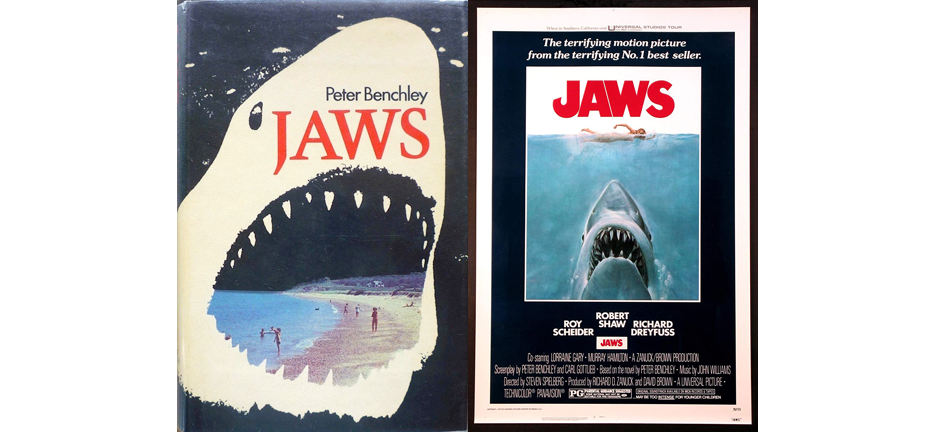
One of the legends of my childhood is the Tale of the Jaws Movie Date. Through luck and magic, my parents got a babysitter for terrible two-year-old me so they could go out for a movie date to see the blockbuster Jaws. My mother spent most of the movie with my father’s hand clasped with hers next to her face. Things in Amity go from bad to ba-dum, ba-dum for its beach goers as John Williams’ score swells with tension; when the shark finally popped up out of the water, my mom bit down into her thumb to keep from yelling out - except that in the dark she missed her thumb, she bit my dad’s. My dad was the one that screamed “like a girl” (his words not mine). Jaws was deemed too scary for nine-year old Megan to watch while visiting with my cousins. I found a yellowed paperback copy of Peter Benchley’s novel in my parents’ bookshelf a few weeks later. I devoured it like the shark did young Chrissie. When my parents realized I was already halfway through the book, they acquiesced - there was an unspoken rule that I was allowed to read any book I wanted, and if I was having trouble with words or concepts I just had to ask. Jaws the novel was full of small town politics and adult interactions that just didn’t particularly interest me. After I read the book, I cajoled my parents into allowing me to watch the movie the next time I was at my cousins’ house. The movie was so much more direct - the politics were distilled down to simple town meetings, gone were the long (boring) passages about marriages and strife. Jaws the movie was just a direct, engaging tale of man vs. beast made even more suspenseful through camera work from the shark’s point of view and brilliant music scoring.
To this day, I still hear that theme music when I think about swimming in the ocean.
Stand by Me and Shawshank Redemption

I know that Stephen King gets a bit of a bum rap as a “literary” author. There are lots of folks who consider him merely a genre writer. I get it, but I strongly disagree. King is a master storyteller and in my opinion, he shines brightest when penning novellas. Different Seasons is a collection of four novellas - of the four, three of them have been adapted as movies. “The Body” was released as 1986’s Stand by Me, “Rita Hayworth and the Shawshank Redemption” became Frank Darabont’s The Shawshank Redemption (both received multiple Oscar nominations each) . “Apt Pupil” was made into a movie of the same name in 1998. The only one of the quartet not to be adapted, “The Breathing Method,” is the creepiest in my opinion and I can’t begin to conceive of a movie in which a decapitated woman’s body manages to breathe and labor long enough to safely deliver her unborn child into the world (shudder).
Shawshank Redemption has topped best and favorite movie lists throughout the twenty-five years since its release. It is a beautiful retelling of an already well-crafted story. Morgan Freeman and Tim Robbins both deliver subtle and precise interpretations as imprisoned men trying to rise above their brutal surroundings. The movie is unimpeachable in my mind. The things that were left out from the book would've just bogged the movie down. Stand by Me builds on a basic tale of adventure - the boys go off in search of a missing boy, who most fear dead. Wil Wheaton, Jerry O’Connell, Corey Feldman, and River Phoenix beautifully illustrate the freedom of youth and the weight of the adolescence and adulthood that awaits them. The soundtrack of Stand by Me should be considered a character all it’s own - “Great Balls of Fire,” “Lollipop,” and “Yakety Yak” transported baby boomers right back to their childhood. Without a doubt, the most suspenseful three minutes of the movie for me with only a train whistle for a score and not a single special effect is the scene on the train trestle. The same scene in the book, while tense, just doesn’t have the same intensity as seeing the train barrel down on Chris and Vern. I have to admit that I never watched “Apt Pupil.” I just couldn’t stomach two hours watching two evil sociopaths manipulate one another.
The Princess Bride
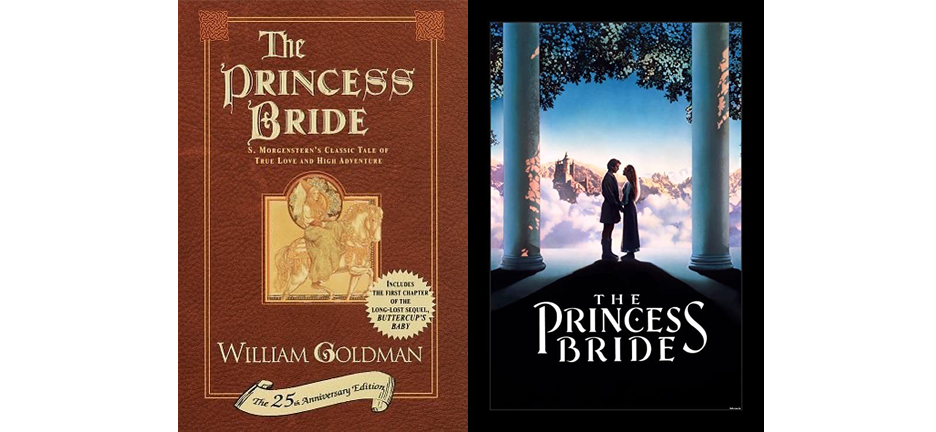
Once my friends in junior high were all screaming “INCONCEIVABLE!” at every completely conceivable yet silly notion, I made sure to grab the book ASAP (I think the movie was no longer in theaters by the time I realized I was sorely lacking in this particular pop culture realm). William Goldman’s novel under the pen name S. Morgenstern is every bit as whimsical as I later discovered the movie to be - if a bit darker in portions. The movie only portrays Wesley’s torture at Count Rugan’s Machine, the book details other levels of torture in Rugan’s castle which result in Wesley’s becoming “mostly dead.” Goldman’s book claims to be an abridged version of Morgenstern’s tale, but Goldman fills in details throughout the story with side commentary in his own voice. His commentary is charming, but I never missed it in the movie. The book goes to greater depths telling the backstories of Fezzik, Vizzini, and Inigo Montoya which almost justify Inigo and Fezzik’s lives of crime; but this information feels wholly extraneous in light of the brilliant performances of Mandy Patinkin and André Rousimoff (André the Giant). Overall, the movie is a perfect distillation of the book’s plot and when you factor in the comedic mastery of the ensemble cast, the book pales in comparison.
Dune
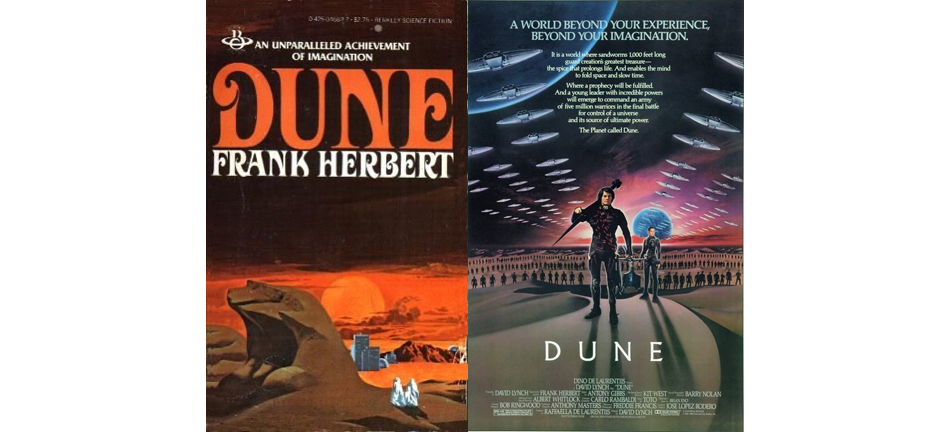
This is probably the movie folks are most likely to argue doesn't belong on this list. When David Lynch released his surreal interpretation of Frank Herbert’s sci-fi classic, die hard fans of the source material cried “foul!” David Lynch already had quite the reputation as a master of oddity after his films Eraserhead and The Elephant Man hit theaters. Dune failed to recoup its budget in theatrical release and was widely panned by critics. Despite all of this, I vastly prefer the movie to the books. The book is peppered with narration by Princess Irulan, epigraphs to begin each chapter of the novel. While Irulan’s observations provide vast amounts of additional info, they always felt liked forced exposition to me - detail that Herbert couldn’t figure out how to deftly weave into the plot. When I read Dune (years after seeing the movie), I reached the end of the story, but there were still a couple dozen pages left to my book - I discovered a glossary of terms at the back! Luckily, I’d managed to figure most of the terminology from context and from my memory of the film. I appreciated the presence of a glossary, but wish its existence was made known more obviously. Overall, I feel Lynch’s film just captured and portrayed the surreal tone of a distant future that depends almost entirely on the excrement of multi-ton desert worms!
Forrest Gump
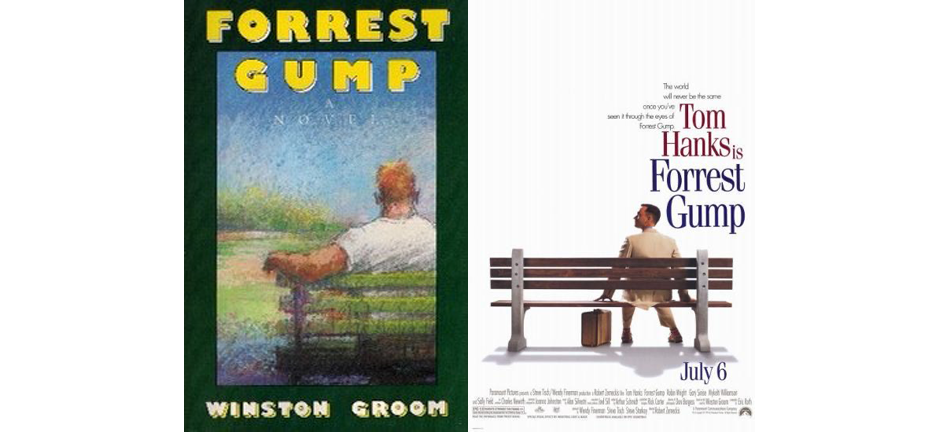
In the summer of 1994, I was very busy being cool. I spent my time gallivanting about to concerts, working in an independent record store, and declaring myself an arbiter of good taste. Movie goers that summer were mostly and neatly divided into two camps - Forrest Gump vs. Pulp Fiction. I declared my fealty to Quentin Tarantino, so much so that I refused to see Forrest Gump, even after it was released for home viewing. As is often the way of adult children and their parents, we stood in firm opposition - my folks chose Team Zemeckis. There was much round and round debate about which film was better (it would take me several years to learn not to yuck other people’s yums - people just like what they like). One rainy weekend, my parents and I came to an agreement - I’d watch Forrest Gump if they’d watch Pulp Fiction. We made it through Forrest Gump with little trouble - I found it broadly endearing, treacly, and more than a little heavy-handed and implausible. When it came time to watch Pulp Fiction, my stepmom shut the movie off about a second before Lance plunged his hypodermic of adrenaline into Mia Wallace’s chest. It was “too much” for her, and she said it had made her blood pressure too high. Parents - 1, Megan - 0. I found a copy of the novel Forrest Gump (written by Winston Groom) at a beach house while on vacation. I’d already burned through the books I’d brought with me so I figured “why not?” I found it to be one of the most unreadable books I’ve ever cracked open, and through sheer willpower (and the need for a book under my parasol) I finished it. Two and a half decades later, I still have no idea what possessed someone to publish the book, much less option and adapt it into a feature length film; but the draw of Tom Hanks managed to turn a true clunker into box office gold. I can’t say Forrest Gump is a film I love, but I can firmly avow it is a great improvement over the book!
Fight Club
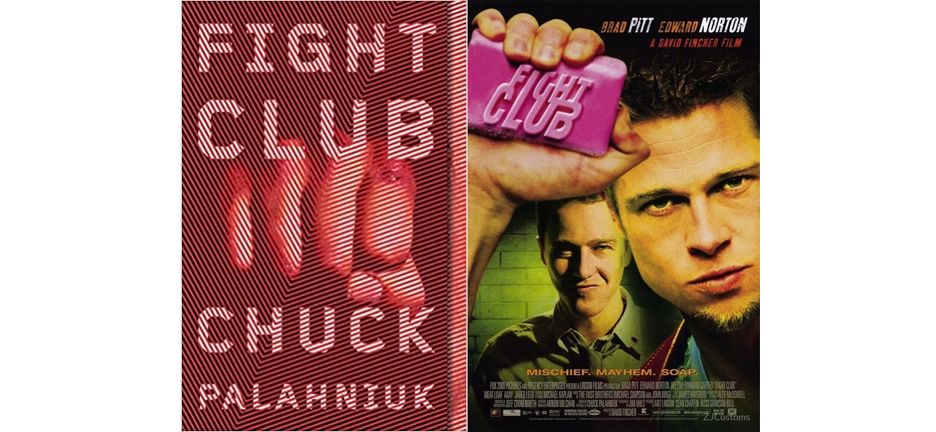
The first rule of Fight Club... well, you know; but some rules are just meant to be broken. I read Chuck Pahlaniuk’s novel in anticipation of the release of the movie. I was mortified and mesmerized by Fincher’s 1995 release Se7en and loved his music videos for Madonna’s “Vogue” and Nine Inch Nails’ “Only.” I’d never read any of Pahlaniuk’s previous books, but I was so drawn to the teaser trailers for Fight Club that I picked up the the book almost immediately. The novel is a brilliant rally against capitalism and misguided masculinity allowing a disturbing peek into the mind of a man broken by societal pressure. The movie explores the same themes in lusciously dark and jagged imagery. Edward Norton’s narrator antihero is reflected and distorted through the cracked mirror of Brad Pitt’s antisocial and sociopathic Tyler Durden. I reveled in Helena Bonham Carter’s Marla Singer, who delivers most of my favorite one-liners throughout the movie. Fight Club the book and Fight Club the movie are equally brilliant, and my only reason for preferring the movie is that it’s just so incredibly beautifully filmed and edited. Almost every frame is a hint to the dark twist to come and every rewatch reveals clues you missed in previous viewings.
With the exception of Forrest Gump, each of these movies started as gorgeous tales which were elevated through the magic of skilled screenwriting, directing, acting, and/ or editing. I’m delighted when a movie even comes close to capturing the beauty of the words that inspired it and nearly destroyed when a beloved story’s film adaptation falls short. I can't think of a simple instance where a book is less detailed or descriptive than a movie, but sometimes a two hour (approximate) limit forces concise storytelling.
What movies adaptations do you think transcend the books that inspired them?
